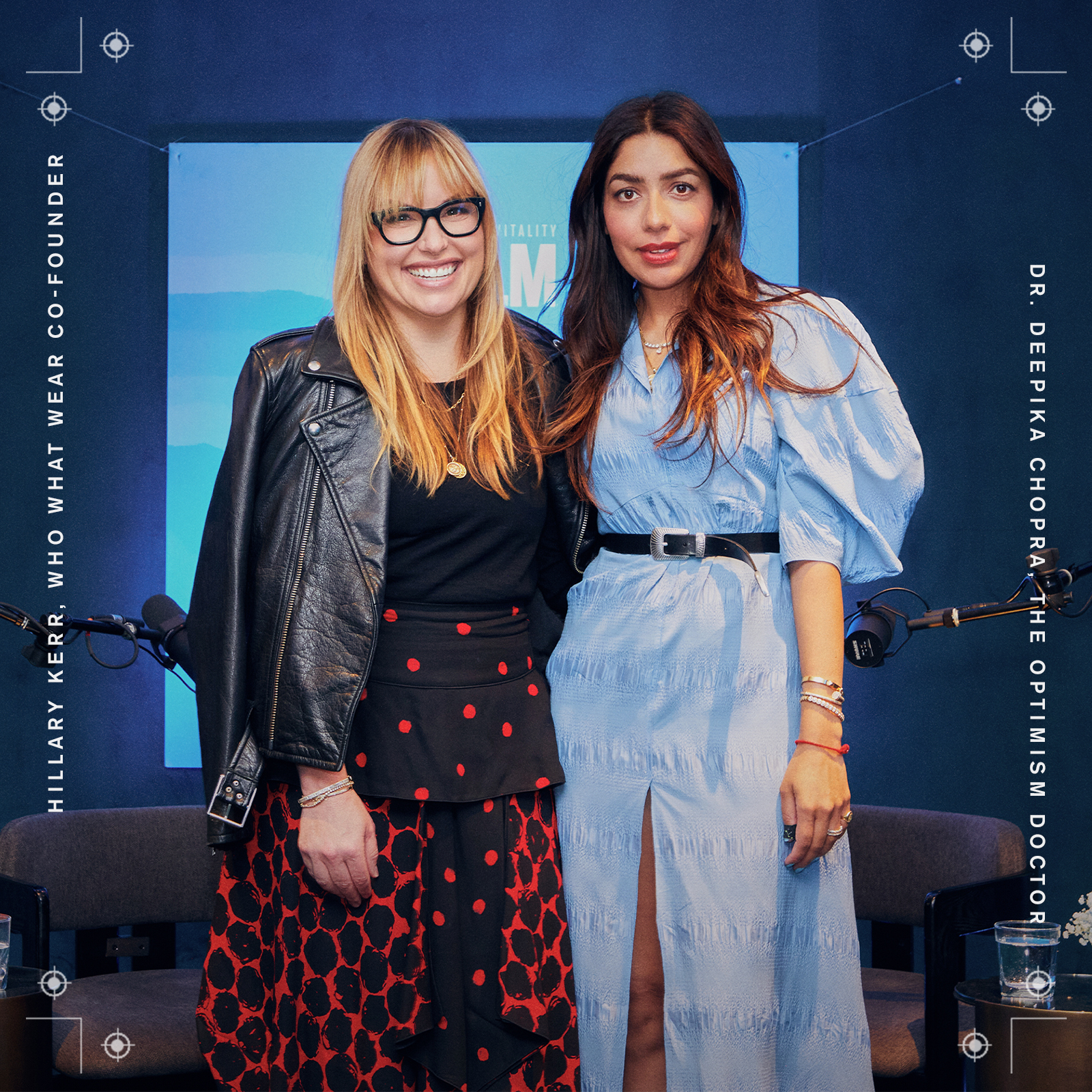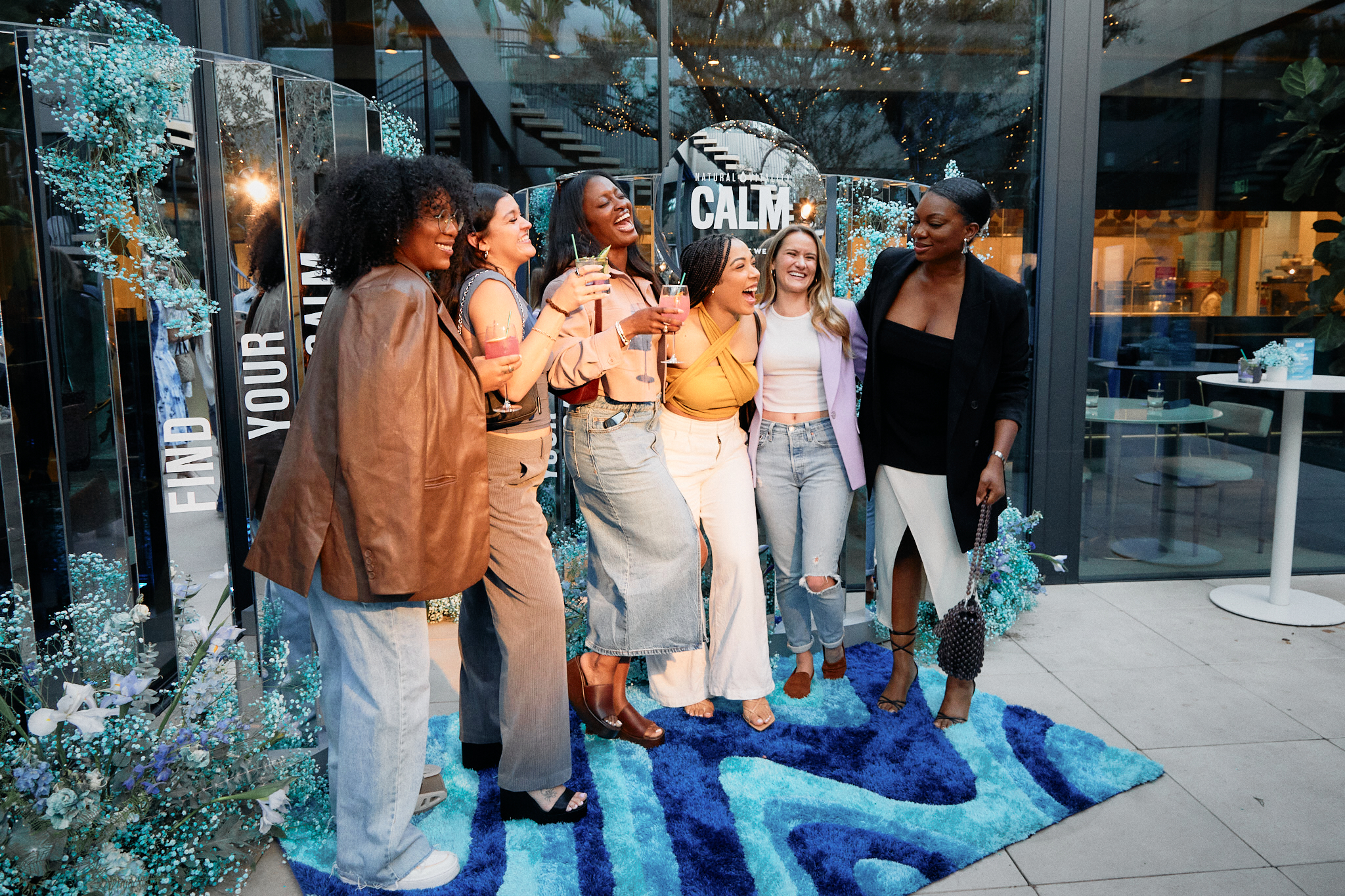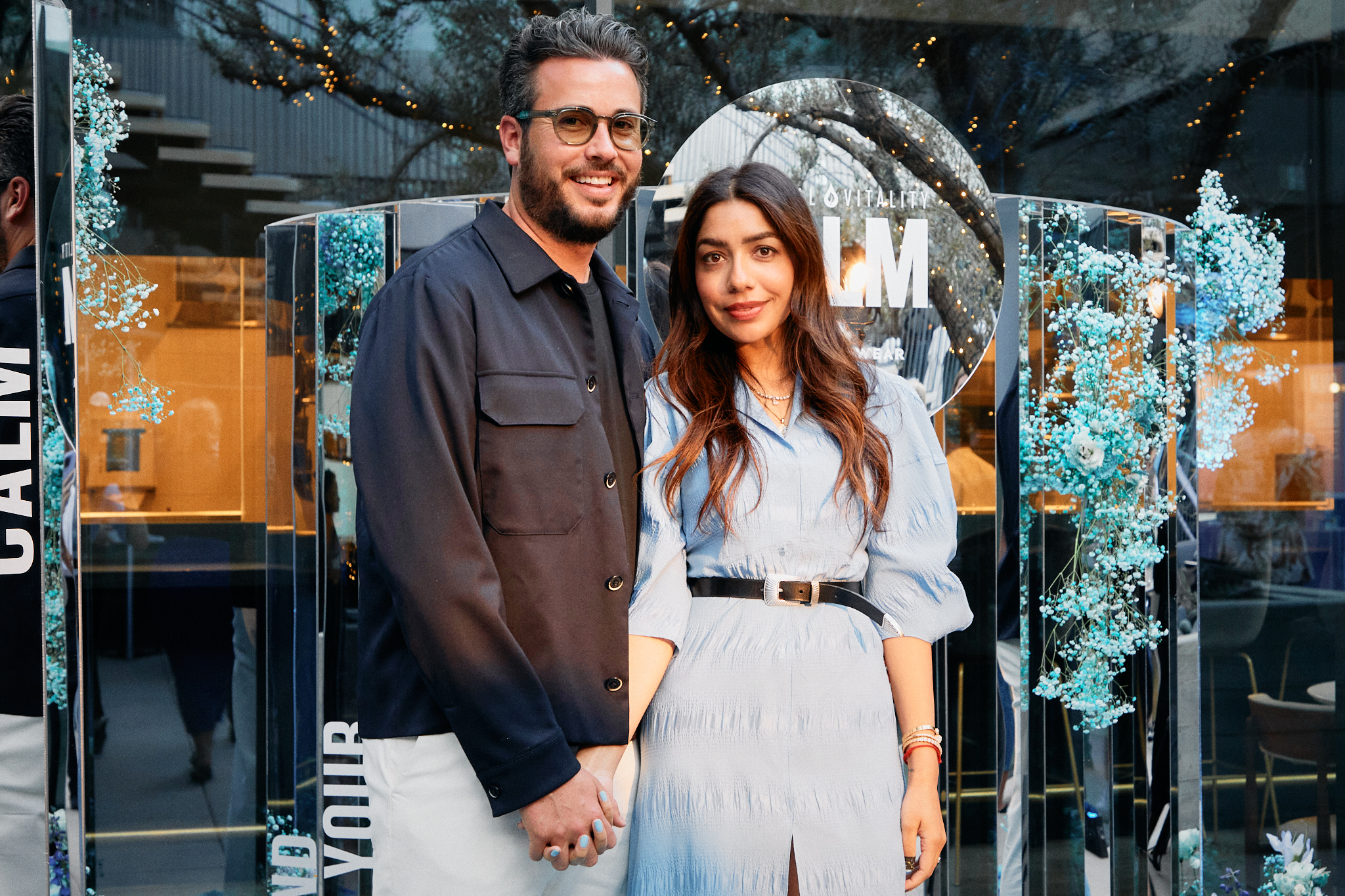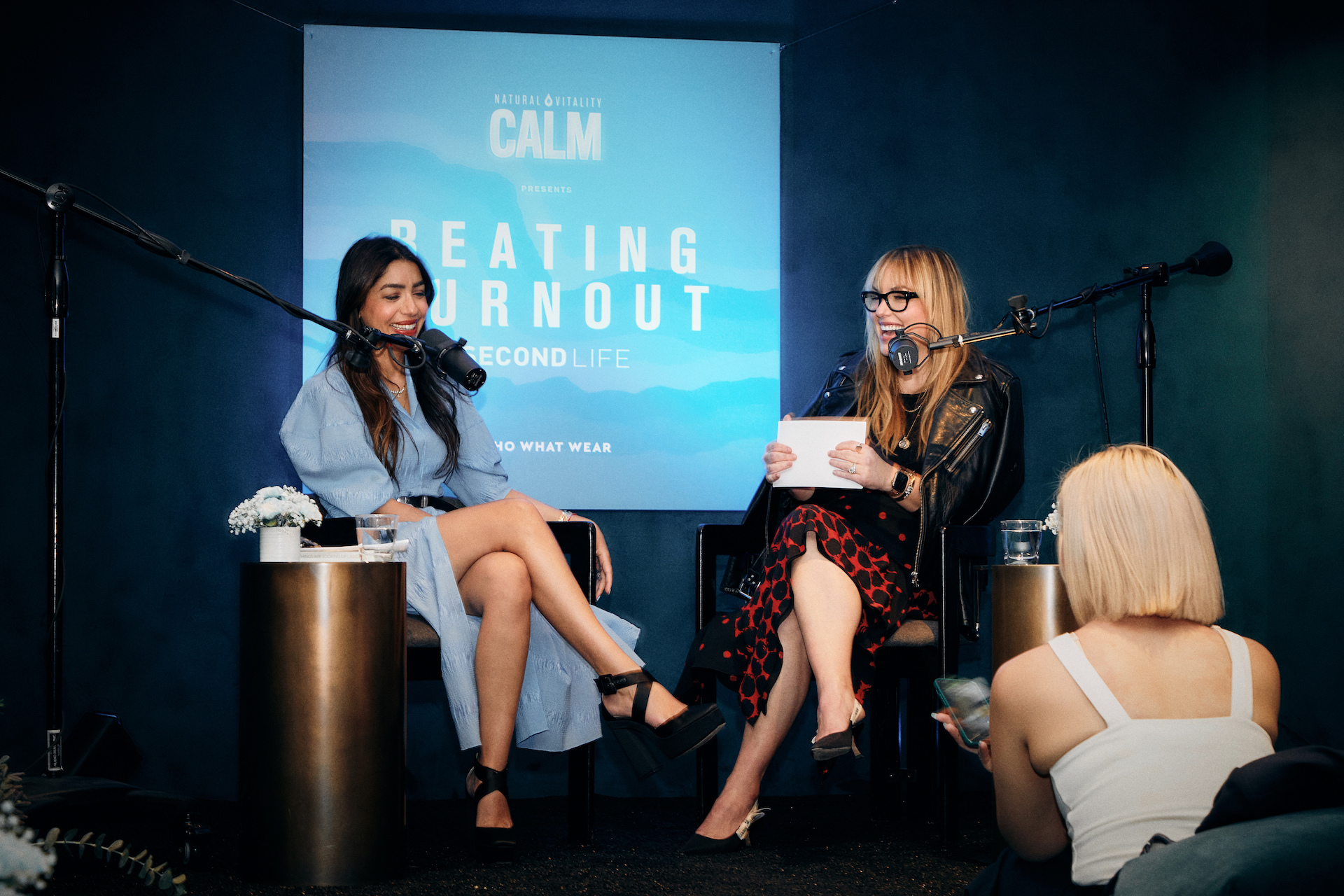Dr. Deepika Chopra Shares How to Tackle Burnout

Welcome to Second Life, a podcast spotlighting successful women who've made major career changes—and fearlessly mastered the pivot. Hosted by Hillary Kerr, co-founder and chief content officer at Who What Wear, each episode gives you a direct line to women who are game changers in their fields. Subscribe to Second Life on Apple Podcasts, Spotify, or anywhere you get your podcasts to stay tuned.
You know things are looking up when the Optimism Doctor is in. Dr. Deepika Chopra is a visual imagery expert, psychologist, podcast host, and the creator of Things Are Looking Up, a deck of optimism cards scientifically designed to help cultivate hope and joy. According to Chopra, optimism isn't just about feeling good all of the time.
"Yes, it is a lot about experiencing joy, and we do want to increase our experience of joy," Chopra said. "But also a huge part of it—and a huge part of happiness contrary to what a lot of people might think—is actually just developing the skills to be able to navigate the emotions that don't feel so great."
Burnout is one area where navigating tough emotions comes front and center. "Burnout is not something where you can just take a vacation and get better," Chopra said. "Burnout is not [solved once you] take the day off. Burnout is more serious than that."
The Second Life team was joined by Chopra last week for Second Life LIVE: Beating Burnout, where she shared how you can find optimism in your everyday life, tangible tips to combat burnout, and more.
For excerpts from Chopra's conversation with Kerr, scroll below, and to hear more of Chopra's wisdom, make sure to tune in.

You are a happiness specialist. What can you share with our audience about the science behind joy and feeling good?
What I will share as someone that studies optimism—if I could pick one thing—is that optimism is not about being positive all of the time. Yes, it is a lot about experiencing joy, and we do want to increase our experience of joy. But also a huge part of it—and a huge part of happiness, contrary to what a lot of people might think—is actually just developing the skills to be able to navigate the emotions that don't feel so great, like the stress and the worry. Those are very normal, and they're part of our human existence. We're actually made to experience them. Not just every once in a while but on the daily. So it's not normal to think that we are going to experience bliss and joy [for] 24 hours of every day.

We're also here today to talk about the other end of the spectrum. A topic that I'm sure all of us are very familiar with, which is burnout. When you start to feel those emotions creep in and your energy feels really depleted, what are some of those concrete steps that you can take to get yourself out of that rut and into a better space?
You know, in those moments where we really need something that works for us, it's those moments that we can't necessarily recall what those are. I like to use my phone. I like to use the list on my phone. I have a little list going. It's called my "Joy List."
Anything that brings me joy at all anytime, one of the ways I marinate in it is to label it, and then I put it in my phone list. So all these activities. When I really am in a moment where I'm like, "Things are creeping up, and I need to do something," I look at my joy list. I say, "What do I have time for?" Maybe I have time for 30 seconds. What on this list is speaking to me right now that I can do in 30 seconds? I'm a big believer in this idea of micro-moments and these small moments. I think that's the key to navigating all of our lives.

I'm wondering what you would say to someone who is feeling burned out and is feeling stuck. They know they want something different, but they just can't get their head around what that next thing is.
First, I feel like we have to define burnout. Just like optimism, I think it's really misrepresented. … We have to really understand that there's a difference between feeling overwhelmed and stressed out and literally experiencing burnout.
Burnout is, if you look at stress on a continuum and the very end bit of when stress is just chronic, prolonged, it has taken its course and ravaged—that is burnout. Burnout is actually when you are so depleted that you don't have any more compassion. You don't have the ability to be empathic. You have created this distance—especially with work— where you have apathy. You've just reached your limit. Burnout is not something where you can just take a vacation and get better. Burnout is not [solved once you] take the day off. Burnout is more serious than that.
Interestingly enough, the number one antidote to burnout is purpose. It's not necessarily about working a certain amount of hours or feeling overwhelmed. The main thing is, what do your work hours consist of? What is the value of it? How much of what you're doing on the daily matches what your purpose in life is? If it doesn't match, that's one way. Even more detrimental is if literally the things you're doing negate or are against your purpose. You are probably looking like you are likely to experience real burnout.
This interview has been edited and condensed for clarity. Next up, check out our previous episode featuring Bobbi Brown.